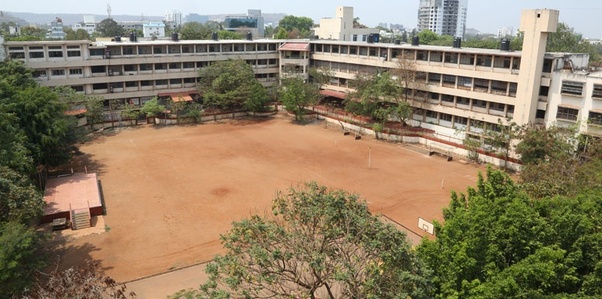A panel appointed by the All India Council for Techincal Education (AICTE) has suggested that the government should not allow any new engineering college from 2020 and review the creation of new capacity in the colleges every year.
The 41-page report, presented by AICTE appointed committee headed by former NASSCOM chairperson and industrialist B V R Mohan Reddy, argued that the government should not add new capacity in traditional trades such as mechanical, electrical, civil, and electronics while new course should be started in emerging sectors like artificial intelligence, blockchain, robotics, quantum computing, data sciences, cybersecurity and 3D printing and design.
“While we take such a serious decision, we also recognize that there could be some applications in the pipeline for additional/new capacity applied in the last one or two years. These may be pending for want of some minor clearances. So, applications made in the current year and the past two years may be considered for starting institutions if the infrastructure is already in place,” the report states.
The Committee report also noted that the non-computer-related courses have just 40 per cent occupancy while the computer-related courses have 60 per cent occupancy. Given the fact that job prospects are still very good in the computer engineering domains and have further improved after the pandemic, the students prefer the course.
An investigation by the Indian Express found that there are no takers for 51 per cent of the 15.5 lakh B.E/B.Tech seats in 3,291 engineering colleges in 2016-17. The legacy branches such as mechanical and civil had no takers except for the top colleges and the lower-ranking as well as mid-ranking colleges requested AICTE to allow them to close these streams.
There are more than 10,000 AICTE governed colleges in the country; more than 4,000 of them are engineering colleges. Within the engineering, the maximum numbers of seats are for Computer, IT, Electronics- the graduates of which are employed in the IT sector. Apart from Engineering, there are diploma and Computer Application (BCA, MCA) courses to get a job in software companies.
In the last few years, the colleges have requested to AICTE for closing down the Civil and Mechanical streams to open more Information Technology vacancies. Therefore, more than a million people graduate from various engineering, diploma, degree courses to seek employment in the IT industry.
Despite producing such a high number of graduates every year, the field has not saturated because India has become an exporter of computer engineering professionals for large Indian companies such as TCS, Infosys as well as global companies like Microsoft and Google. Moreover, emerging fields such as data sciences, quantum computing, 3D printing are also offering plenty of opportunities.
In India, the software industry is a major sector of the economy and contributes 7-8 per cent of the country’s total GDP. With the companies like TCS, Wipro, Infosys, Tech Mahindra, and Cognizant (not an Indian company but the majority of employees are Indian), the job availability in Indian software is better and entry-level salary is respectable.
The yearly per capita income in India is around 1.25 lakh rupees and entry-level salary in the Indian IT sector is around 3 lakh rupees or 2.5 times more than the per capita income of the country.
Based on the report, AICTE is expected to allow the colleges to legacy branches and open full four years courses in the emerging fields such as Data Sciences, Quantum Computing, and 3D printing.
